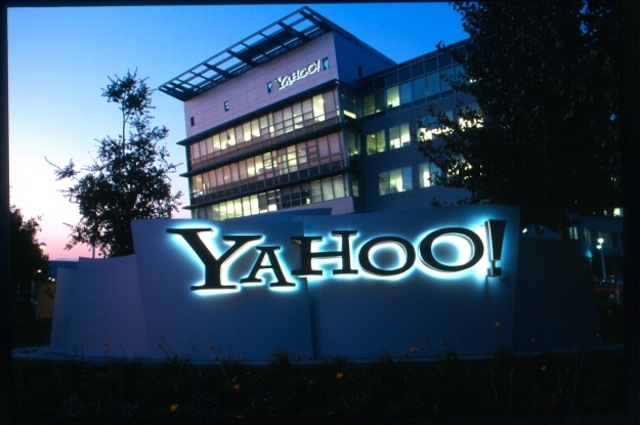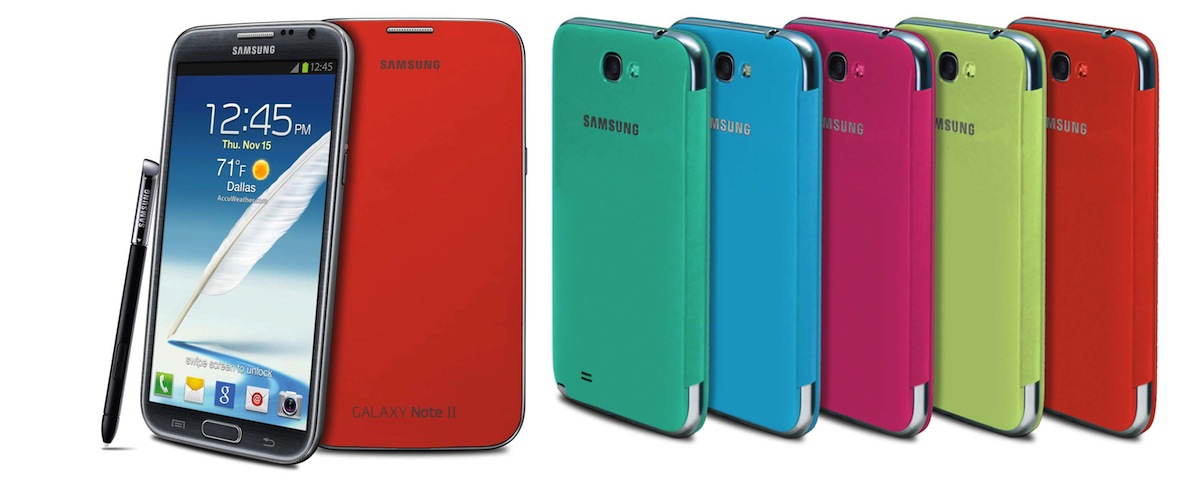Yahoo! CEO Marissa Mayer packed out the room for her interview at the World Economic Forum this week where she spoke about some of the challenges her and the company face.
One of the areas she sees for Yahoo! is in collaborating with other tech industry giants.
Mayer also is making a point of collaborating with companies such as Apple Inc., Google and Facebook, instead of competing.
“It ultimately means there’s really an opportunity for strong partnerships,” she said.
The problem for Yahoo! is that it doesn’t have a lot to offer companies like Apple, Google or Facebook – they are steaming along on their own and have moved ahead of the areas which Yahoo! dominated a decade ago.
Generally in the tech industry partnerships are more the result of the sector’s also-ran coming together in the hope that their combined might will overcome the leader’s advantages.
It’s the same philosophy that thinks tying the third and fourth placed runners legs together will make them faster than the winner.
A good example of this is Microsoft’s tie up with Nokia over the Windows Phone. If anything, the net effect has put Windows Phone and Nokia even further behind Apple and Google in the handset market.
Even when two tech companies have united to exploit their individual strengths, the results usually end in tears. Probably the best example of this was the IBM and Microsoft joint venture to develop the OS/2 operating system which eventually sank under IBM’s bureaucrat incompetence and Microsoft’s disingenuous management.
Those two examples show how partnerships only work when each party has something valuable to contribute and all sides are committed to the venture.
Marissa Mayer’s task is to find Yahoo!’s strengths and build on them, then she’ll be in a position to enter partnerships on an equal basis.
Whether its worth entering into partnerships with the big players though is another question. It may well be that Yahoo! has more to offer smaller businesses and disruptive startups.
Entering into a desperate alliance with Apple or Facebook could possibly be the worst thing Yahoo! could do, the company is no longer a leader and now needs to be a challenger or a disruptor.
Facebook’s locking competitors out of data feeds is an example of how complacent the big four internet giants are becoming, Yahoo! are in the position to upset that comfortable club.
The value of partnerships is that we all have weaknesses and strengths, a properly thought out venture builds on the various parties’ strengths and covers their weak spots. Right now Yahoo! has more weaknesses than strengths.




